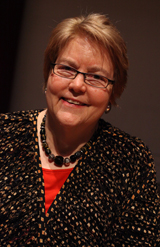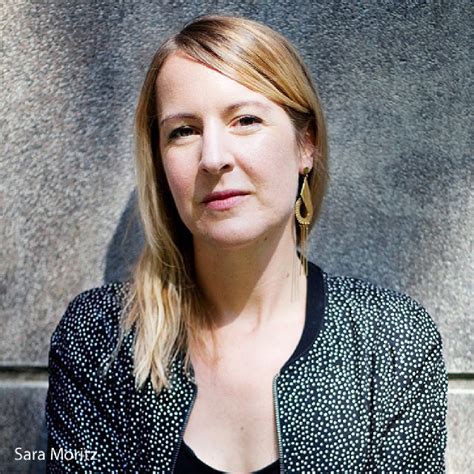A Quote by Megan Chance
Thematically, we're both [with Kristin Hannah ] interested in women's experiences and women's stories, and until now, you've mostly dealt with how it feels to be a wife/mother/sister/name your poison in today's world. But this story [The Nightingale ] is told from the perspective of two sisters during the German occupation of France in WWII.
Related Quotes
I don't think that there's a target audience at all. These stories were in circulation. The stories were told by men, told in the marketplace by men, but also behind doors by women, but there's no real record of this. It's likely they were told by women to children in their interior rooms. The story could be a negative story, they could be presented as a, "Watch out! Women will get round you, do things to you, weave you in their toils." It could be buried in it an old cautionary story about women and their wiles.
We have to start looking at the world through women's eyes' how are human rights, peace and development defined from the perspective of the lives of women? It's also important to look at the world from the perspective of the lives of diverse women, because there is not single women's view, any more than there is a single men's view.
I think of some of my friends who have passed to the spirit world but are who here with me when I go to events and when I walk in my own community. My sisters, Ingred, my sister Marsha, and my sister Nielock. All cofounders of the Indigenous Women's Network with me. All long time women activists in the native community.
The French need a thrashing. If the Prussians win, the centralization of state power will be useful for the centralization of the German working class. German predominance would also transfer the center of gravity of the workers' movement in Western Europe from France to Germany, and one has only to compare the movement in the two countries from 1866 until now to see that the German working class is superior to the French both theoretically and organizationally.
We had early on women having the right to vote, then women in the workforce during WWII, just going back in history, and then we had the higher education of women, and then women more fully participating in the economy and in business, the professions, education, you name the subject... but the missing link has always been: is there quality, affordable healthcare for all women, regardless of what their family situation might be?
At the beginning of my career, a more senior photographer told me to shoot stories on women and I didn't want to. But I spent two and a half years in India and chose to do stories about women because I was shocked by their treatment. My stories in the Middle East and on the border of Europe and Asia were a response to my time in India. They weren't driven by a feminist idea but when you're moved by women's issues in these countries you can't help becoming a feminist somehow.
Marjan. I have told him tales of good women and bad women, strong women and weak women, shy women and bold women, clever women and stupid women, honest women and women who betray. I'm hoping that, by living inside their skins while he hears their stories, he'll understand over time that women are not all this way or that way. I'm hoping he'll look at women as he does at men-that you must judge each of us on her own merits, and not condemn us or exalt us only because we belong to a particular sex.
For years and years, I convinced myself that I was unbreakable, an animal with an animal strength or something not human at all. Me, I told people, I take damage like a wall, a brick wall that never falls down, never feels anything, never flinches or remembers. I am one woman but I carry in my body all the stories I have ever been told, women I have known, women who have taken damage until they tell themselves they can feel no pain at all.

































